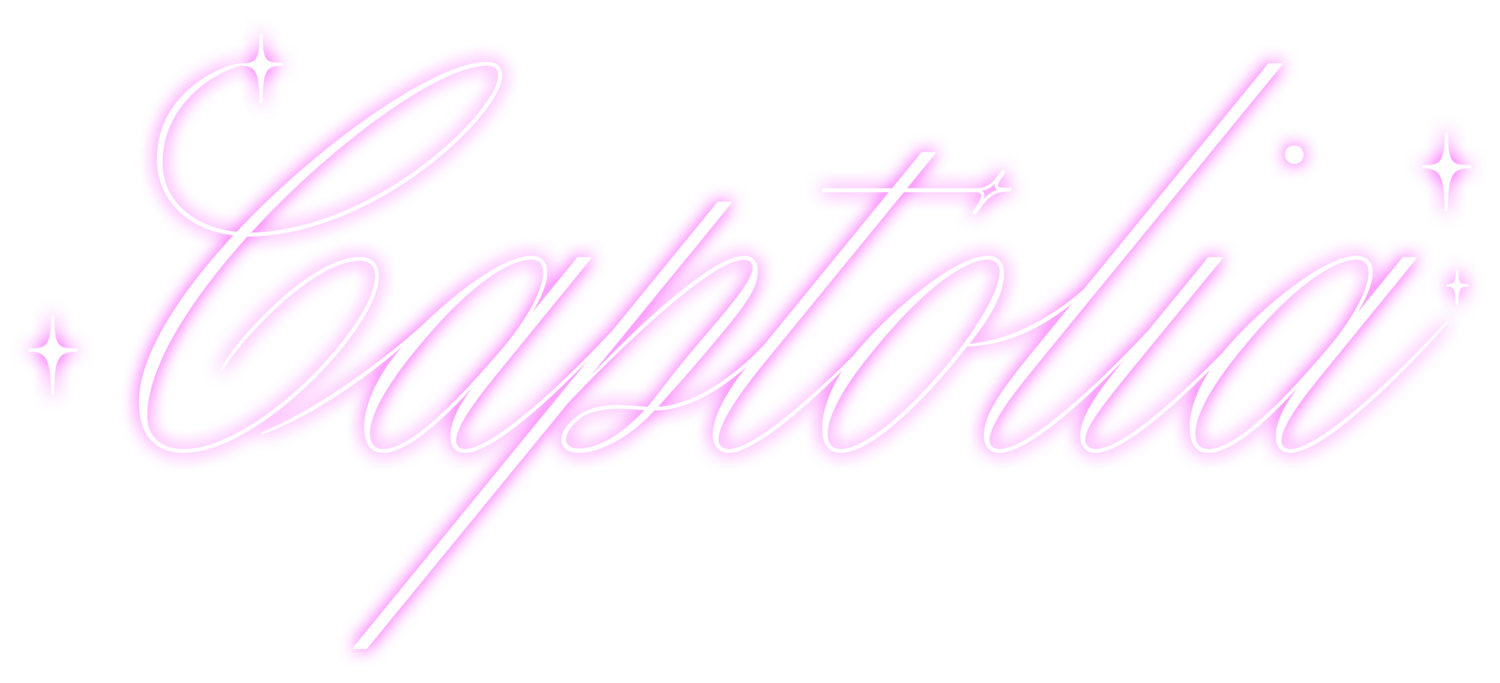What Accessibility Pricing Really Means for Spiritual & Care-Based Businesses
How to build a more equitable business without abandoning yourself in the process.
If you’ve ever felt guilt around your prices…
If you’ve been told you should “charge less” because your work is healing…
If you’ve quietly wondered whether making money means you’re betraying your values…
You’re not alone.
And you’re not wrong for wanting to both serve and thrive.
Welcome to the messy, beautiful terrain of accessibility pricing—and why it matters so deeply for care workers, spirit workers, and witchy entrepreneurs who are trying to do business differently.
What Is Accessibility Pricing?
At its core, accessibility pricing is a conscious approach to how you price your offerings so that more people can access them—without sacrificing your own livelihood in the process.
It’s not just offering sliding scales or discounts.
It’s rooting your pricing in integrity.
It’s asking: How can I extend care to others—without excluding myself from that care?
Let’s Be Clear: You Are Not the Problem
The shame around pricing doesn’t come from nowhere.
Capitalism creates an unjust system where the burden of affordability is offloaded onto small, care-based businesses… while corporations and billionaires hoard resources and avoid taxes.
We see mutual aid requests flood Instagram. We see spiritual workers undercharge out of guilt. We see therapists, doulas, healers, artists, and witches burning out because they’ve absorbed the idea that making money means they’re somehow less pure.
Meanwhile, the 1% is doing just fine.
Let’s say it plainly:
✨ You having money doesn’t make you a capitalist.
✨ Pricing your work sustainably isn’t oppressive.
✨ You are allowed to be compensated for the care you provide.
If anything, your pricing can interrupt capitalism—when it centers consent, care, and community over extraction.
Accessibility Includes You
So many spiritual entrepreneurs are generous by nature. You want your work to help people. You want to serve your community. You want to make sure no one is left out.
But here’s the truth: If your business isn’t financially sustainable, it won’t be accessible to anyone.
You are not a charity. You are not a government agency. You are a living, breathing human with needs, dreams, and bills.
Accessibility doesn’t mean depletion. It means designing your business so that more people can access it and so that you can keep showing up long-term.
Strategies for Accessibility Pricing (Without Burnout)
There’s no one-size-fits-all solution. But here are several approaches that allow for generosity without self-erasure:
1. Sliding Scale (With Structure)
Sliding scales can work beautifully when clearly defined. Include a suggested range, and communicate who each tier is for.
Tip: Use language like “community-supported” vs. “low-income” to reduce shame and center reciprocity.
2. Tiered Offers
Have different offers at different price points.
Example: Free newsletter → $22 workshop → $222 reading → $2000 mentorship.
Let people grow with you.
3. Limited Scholarships or Equity Spots
Offer a few reduced-price spots per round of your course/program—not as an afterthought, but as part of your model.
Bonus: Prioritize BIPOC, queer, disabled, or systemically excluded applicants.
4. Extended Payment Plans
Make your higher-cost offerings more accessible by breaking them down into 6, 9, or even 12-month plans—without jacking up the total cost.
5. Pay-What-You-Can / Community Pricing Days
Offer occasional pop-ups, mini sessions, or donation-based readings during specific windows of time—not forever, not always.
6. Give Generously—In Non-Session Ways
Podcasts. Instagram posts. Blogs. YouTube videos.
You already give away magic—let that be part of your accessible ecosystem.
✨ The Energetics of Accessibility
Pricing is more than numbers, its frequency.
What you charge holds energy. And what you receive informs how you show up.
So ask yourself:
Is this number rooted in care for both me and others?
Can I hold this offering sustainably at this price?
What would make this more resourced—for everyone involved?
Accessibility opens a portal to right relationship.
To your money.
To your community.
To your capacity.
To your calling.
Final Thought: Money Isn’t the bad guy—the current Systems Are
You can be generous and sovereign.
You can be accessible and well-paid.
You can challenge capitalism and build a business that thrives.
The goal isn’t to replicate extraction with spiritual language.
And it’s not to undercharge in the name of virtue.
It’s to create something else entirely:
A business that feels human.
A pricing model that reflects your values.
A world where care-based work is finally resourced.
—
Want help rethinking your pricing model? Or guidance on building a brand that reflects your politics and supports your growth?
This is my zone. Let’s build a business that reflects the future you’re here to birth.

